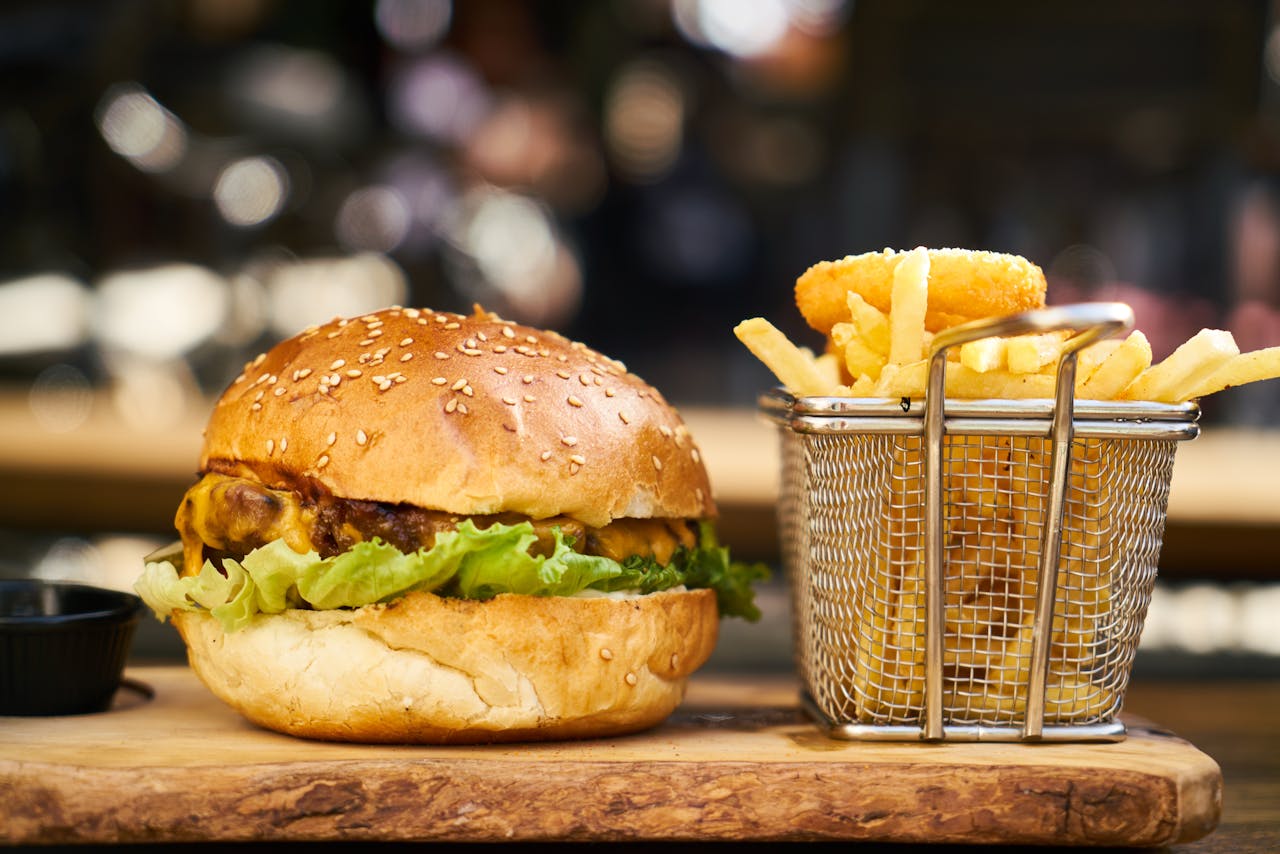
Fast-food coupons are a favorite way for people to save money on quick meals. But sometimes, customers take things too far, finding loopholes or sharing codes beyond what the restaurants intended. When that happens, companies have to rethink their strategies. Fast-food coupon abuse doesn’t just hurt company profits—it can ruin deals for everyone. In some cases, restaurants have canceled popular offers altogether, leaving loyal customers disappointed. Let’s look at seven fast-food coupons that were canceled after abuse, and see what we can learn about the delicate balance between savings and sustainability.
1. McDonald’s Free Medium Fries Fridays
McDonald’s once ran a beloved promotion: free medium fries every Friday with any $1 purchase through their app. The idea was simple, but it didn’t take long for people to game the system. Some customers created multiple accounts, using different email addresses and devices to redeem the coupon repeatedly. Others shared screenshots of the coupon code online. The result? McDonald’s ended up canceling the offer in several regions, citing excessive fast-food coupon abuse. The company now limits similar promos to one per customer, tied to verified accounts.
2. Burger King’s Impossible Whopper BOGO
Burger King wanted to introduce more people to their plant-based Impossible Whopper with a buy-one-get-one-free coupon. Unfortunately, the coupon code went viral on deal forums and social media. Customers printed out dozens of coupons or used digital versions multiple times. Some even convinced cashiers to accept expired or altered coupons. With costs mounting, Burger King canceled the BOGO offer early. This story is a classic case of fast-food coupon abuse and its real-world impact on marketing campaigns.
3. Subway’s $5 Footlong Sub Coupon
The $5 Footlong became a cultural phenomenon, but Subway’s digital coupon for the deal was never meant to be unlimited. Some customers found ways to use the same code repeatedly or combine it with other offers. Others shared the coupon on coupon aggregator sites, making it widely accessible. Eventually, Subway pulled the plug on the digital coupon and tightened up its system. They still run $5 Footlong promotions, but with stricter controls to prevent fast-food coupon abuse.
4. Taco Bell’s Free Doritos Locos Taco
Taco Bell’s free Doritos Locos Taco coupon was originally a one-day-only reward after a sports event. However, creative fans found ways to screenshot the mobile offer, generating unlimited redemptions. Some even used automated bots to claim multiple coupons from the Taco Bell app. The restaurant quickly noticed a spike in redemptions far beyond their expectations. Taco Bell had to cancel the campaign and later switched to offering one free taco per registered, verified account. This example shows how fast-food coupon abuse can turn a fun promo into a logistical headache.
5. Wendy’s Free Frosty Key Tag
Wendy’s Frosty Key Tag is a charity-driven campaign: buy a key tag, get a free junior Frosty with every purchase for a year. But at one point, a digital coupon for a free Frosty was leaked online. Social media users shared the code, leading to thousands of unauthorized redemptions. Wendy’s responded by canceling the digital coupon and returning to physical key tags only. The company also improved app security to prevent further fast-food coupon abuse.
6. Domino’s Any Pizza for $5.99
Domino’s tried to attract new customers with a digital coupon for any pizza, any toppings, for just $5.99. Deal hunters found ways to stack the coupons, using multiple browser sessions and new email addresses. Soon, customers were walking away with orders that cost Domino’s more than they made. The company suspended the coupon, then reintroduced it with strict one-time-use codes. This is another example of how fast-food coupon abuse forces companies to change their approach to discounts.
7. Chick-fil-A’s Free Chicken Sandwich App Promo
Chick-fil-A launched an app-based coupon for a free chicken sandwich to promote mobile orders. Some users discovered that uninstalling and reinstalling the app would generate new offers. Others shared invite codes in online forums, leading to a flood of redemptions. Chick-fil-A ended the offer earlier than planned and updated its app to tie coupons to verified phone numbers. Fast-food coupon abuse led the company to rethink how it connects digital rewards to real customers.
What This Means for Fast-Food Coupon Lovers
Fast-food coupon abuse doesn’t just affect corporations—it changes the deals available to everyone. When too many people exploit a loophole, companies have no choice but to cancel or limit popular offers. Today, most fast-food chains use stricter verification and limit redemptions to prevent abuse. If you’re a fan of saving money on quick meals, it’s important to use coupons as intended. Otherwise, you might find your favorite deal gone for good.
Have you ever missed out on a favorite fast-food coupon because of abuse? Share your experience in the comments below!
Read More
9 Fast Food Hacks That Save Money And Actually Work
9 Foods That Have Quietly Shrunk In Size But Not Price
The post 7 Fast-Food Coupons That Were Canceled After Abuse appeared first on Grocery Coupon Guide.







